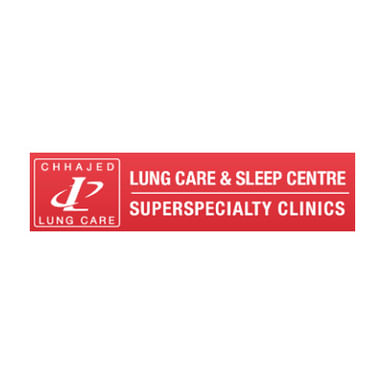Get the App
For Doctors
Login/Sign-up
Lung Care Clinic
Pulmonologist Clinic
Shop no 11, Manali building no 1B, Evershine Nagar, Malad West
1 Doctor
₹ 1,500 at clinic
See all timings
About Clinic
Our medical care facility offers treatments from the best doctors in the field of Allergist, Asthma Specialist, Chest Physician, Pulmonologist.By combining excellent care with a state-of-t...read more
Clinic Timing
Mon
Tue
Wed
Thu
Fri
Sat
05:00 PM - 09:00 PM
11:00 AM - 01:00 PM
Clinic Location
Clinic Images
Doctor in Lung Care Clinic
Get Help
Reviews
Services
Doctor in Lung Care Clinic
Dr. Indu Bubna
Pulmonologist23 Years Exp.
MD - Physician, Diploma In Tuberculosis & Chest Diseases
₹ 1,500 at clinic
₹ 1,500 online
See all timings
Patient Review Highlights
Lung Care Clinic Reviews
V
Verified
Sep 20, 2018Approach of Doctor is very nice, but how the medicine effects will take then real evaluation of Dr can be done
View More Reviews
Submit Feedback
Submit a review for Lung Care Clinic
Your feedback matters!

